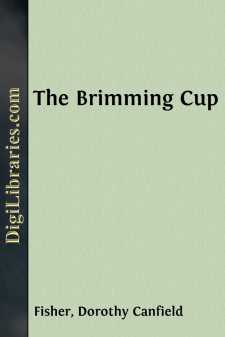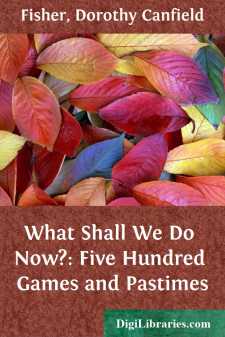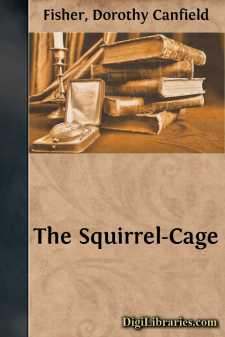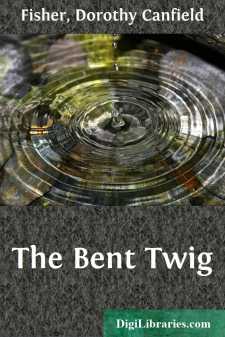Categories
- Antiques & Collectibles 13
- Architecture 36
- Art 48
- Bibles 22
- Biography & Autobiography 813
- Body, Mind & Spirit 142
- Business & Economics 28
- Children's Books 16
- Children's Fiction 13
- Computers 4
- Cooking 94
- Crafts & Hobbies 4
- Drama 346
- Education 46
- Family & Relationships 57
- Fiction 11829
- Games 19
- Gardening 17
- Health & Fitness 34
- History 1377
- House & Home 1
- Humor 147
- Juvenile Fiction 1873
- Juvenile Nonfiction 202
- Language Arts & Disciplines 88
- Law 16
- Literary Collections 686
- Literary Criticism 179
- Mathematics 13
- Medical 41
- Music 40
- Nature 179
- Non-Classifiable 1768
- Performing Arts 7
- Periodicals 1453
- Philosophy 64
- Photography 2
- Poetry 896
- Political Science 203
- Psychology 42
- Reference 154
- Religion 513
- Science 126
- Self-Help 84
- Social Science 81
- Sports & Recreation 34
- Study Aids 3
- Technology & Engineering 59
- Transportation 23
- Travel 463
- True Crime 29
Understood Betsy
Description:
Excerpt
CHAPTER I
AUNT HARRIET HAS A COUGH
When this story begins, Elizabeth Ann, who is the heroine of it, was a little girl of nine, who lived with her Great-aunt Harriet in a medium- sized city in a medium-sized State in the middle of this country; and that's all you need to know about the place, for it's not the important thing in the story; and anyhow you know all about it because it was probably very much like the place you live in yourself.
Elizabeth Ann's Great-aunt Harriet was a widow who was not very rich or very poor, and she had one daughter, Frances, who gave piano lessons to little girls. They kept a "girl" whose name was Grace and who had asthma dreadfully and wasn't very much of a "girl" at all, being nearer fifty than forty. Aunt Harriet, who was very tender-hearted, kept her chiefly because she couldn't get any other place on account of her coughing so you could hear her all over the house.
So now you know the names of all the household. And this is how they looked: Aunt Harriet was very small and thin and old, Grace was very small and thin and middle-aged, Aunt Frances (for Elizabeth Ann called her "Aunt," although she was really, of course, a first-cousin-once- removed) was small and thin and if the light wasn't too strong might be called young, and Elizabeth Ann was very small and thin and little. And yet they all had plenty to eat. I wonder what was the matter with them?
It was certainly not because they were not good, for no womenkind in all the world had kinder hearts than they. You have heard how Aunt Harriet kept Grace (in spite of the fact that she was a very depressing person) on account of her asthma; and when Elizabeth Ann's father and mother both died when she was a baby, although there were many other cousins and uncles and aunts in the family, these two women fairly rushed upon the little baby-orphan, taking her home and surrounding her henceforth with the most loving devotion.
They had said to themselves that it was their manifest duty to save the dear little thing from the other relatives, who had no idea about how to bring up a sensitive, impressionable child, and they were sure, from the way Elizabeth Ann looked at six months, that she was going to be a sensitive, impressionable child. It is possible also that they were a little bored with their empty life in their rather forlorn, little brick house in the medium-sized city, and that they welcomed the occupation and new interests which a child would bring in.
But they thought that they chiefly desired to save dear Edward's child from the other kin, especially from the Putney cousins, who had written down from their Vermont farm that they would be glad to take the little girl into their family. But "ANYTHING but the Putneys!" said Aunt Harriet, a great many times. They were related only by marriage to her, and she had her own opinion of them as a stiffnecked, cold-hearted, undemonstrative, and hard set of New Englanders. "I boarded near them one summer when you were a baby, Frances, and I shall never forget the way they were treating some children visiting there!...







